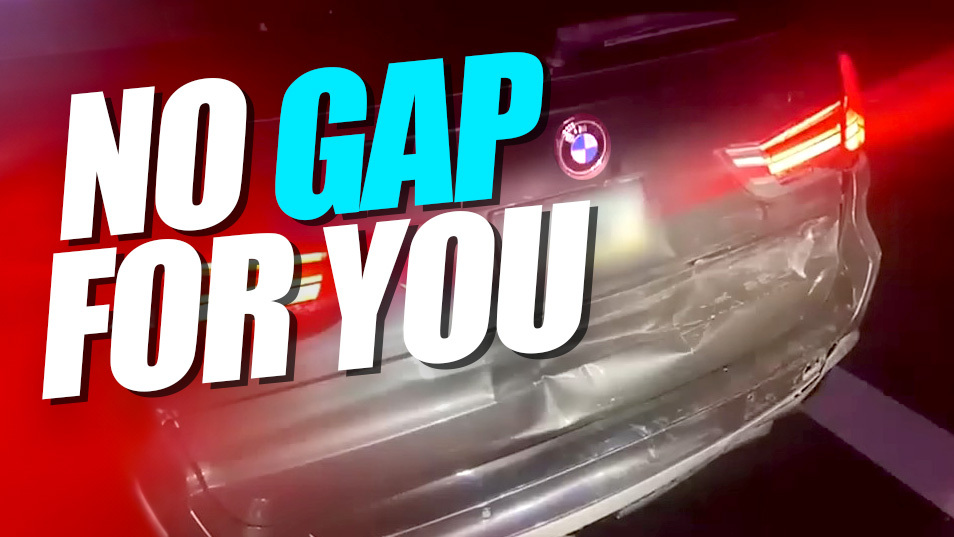After a fender bender resulted in a totaled BMW, the owner faced a chilling revelation: he was almost $19,000 underwater due to a mere 60-cent clerical error.

- A man in Arizona says that his gap insurance denied his claim due to a 60-cent clerical error during the initial purchase.
- If he doesn’t get relief, he’ll have to pay the $18,651 he still owes on his now-totaled vehicle.
- At this stage, it appears as though the company is relenting after media pressure.
Here's How a Minor Blunder Created a Huge Financial Headache
Car depreciation is an inevitable reality. The moment you drive off the lot, your car starts losing value. Standard insurance policies cover the current market value if your vehicle is totaled or stolen, which works fine—unless the amount you owe exceeds this value. And this gap is precisely what gap insurance aims to cover.
Gap insurance acts as your financial safeguard, stepping in to fill the difference between what your general insurance pays and what you still owe on your loan or lease. This can be particularly vital for those who finance their vehicles for extended terms or make low down payments initially.
The Case of Manny Munoz: A Cautionary Tale
Meet Manny Munoz, an unfortunate BMW owner who bought a BMW X5 during the peak of the pandemic in 2020 for $60,517.86. His credit union mistakenly sent the dealer a check for $60,517.26—a tiny difference of 60 cents that went unnoticed. Fast forward to seven months ago, Munoz got rear-ended, which resulted in his car being declared a total loss.
Munoz’s insurance company valued the totaled BMW at $26,709, while he still owed $45,360, creating a shortfall of $18,651. Gap insurance should have covered this amount, but the 60-cent discrepancy in the initial payment led to his claim being denied, leaving him in a lurch.
Media Intervention Brings Hope
The matter didn’t end there. As media outlets like AZFamily picked up his story, the narrative started to shift. Safe-Guard, Munoz’s insurance provider, began processing his claim after the adverse publicity. Despite the optimistic development, Munoz hasn’t received a check yet, even after more than six months.
This saga is a stark reminder of how a seemingly insignificant clerical error can snowball into a financial disaster. Let's keep fingers crossed that Safe-Guard will follow through on their promise and Munoz will get his due coverage.
